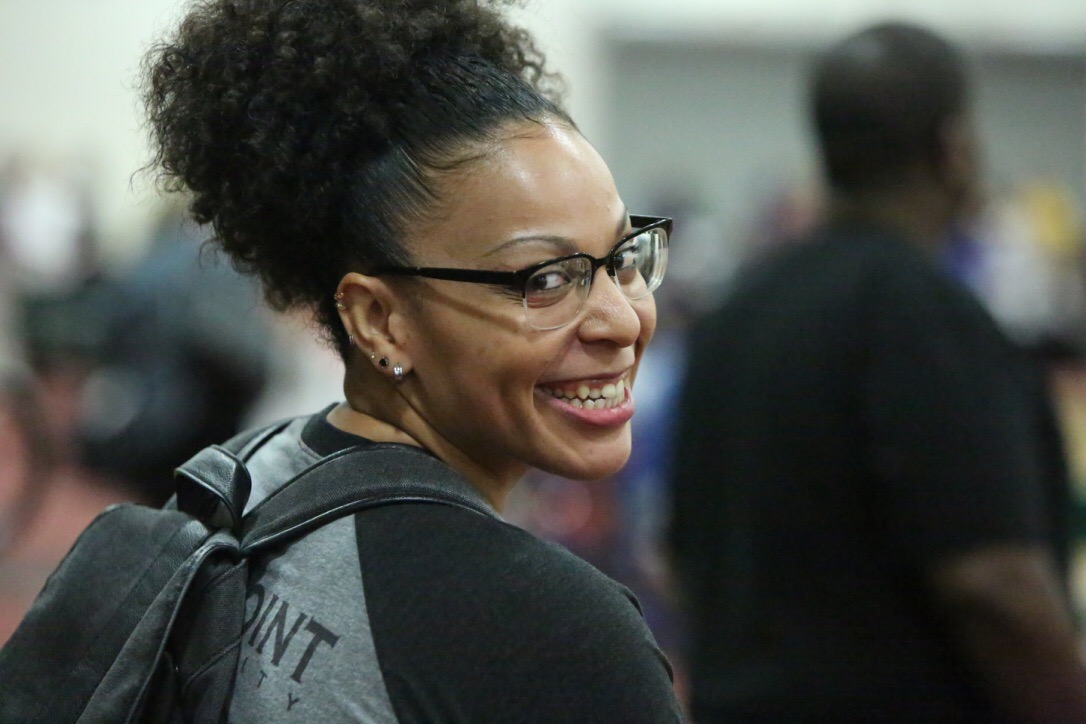Get Tougher How?: Why generational views on mental health matter
- hendrixtoycoaching

- May 28, 2025
- 3 min read
In locker rooms, film sessions, and coaches’ meetings, we’ve all heard it:
“They need to toughen up.”
“Back in my day, we just pushed through.”
“This generation’s soft.”
After over two decades in the game, I’ve heard every version of that sentiment. But here’s the question we rarely stop to ask: What does “tough” even mean anymore?
The truth is, our definition of toughness is shaped by the generation we came up in. And in today’s environment, it’s important to understand those differences—and adjust accordingly.
Nearly 70% of Gen Z athletes say mental health concerns have impacted their performance (NCAA, 2022).
Our approach to mental health matters more than ever.
Generational Perspectives:
Boomers (Born 1946–1964): Mental Health = Keep it private.
For many Boomer-era coaches, mental health wasn’t discussed—let alone prioritized. Therapy was taboo, emotions were something you dealt with privately, and asking for help was seen as weakness. Toughness meant endurance, grit, and keeping your head down.
In practice: Boomers often value discipline and loyalty but may unintentionally reinforce stigma around vulnerability.
Gen X (Born 1965–1980): Handle it…but do it quietly.
Gen X athletes and coaches often sit in the middle. They’re more open to therapy than Boomers, but they still tend to keep it low-key. Mental health is important—but don’t expect them to post about it.
In practice: Gen X may support athletes getting help but often expect them to manage it independently. Wellness happens behind the scenes, and they may not be comfortable addressing it openly with their teams.
Millennials (Born 1981–1996): Therapy is part of the game plan.
Millennials brought the shift. They came up during the burnout economy, inherited messy societal expectations, and started doing the work—therapy, mindfulness, boundary-setting, and more. They helped normalize mental health as part of everyday life, not a last resort.
In practice: Millennial coaches often act as the bridge—integrating mental wellness into team culture while managing up to leadership that may not fully understand the shift. They understand both the benefits and limitations of traditional toughness and modern transparency.
Gen Z (Born 1997–2012): If you don’t talk mental health, trust is gone.
Gen Z athletes expect support. They talk openly about therapy, set boundaries unapologetically, and leave environments that don’t prioritize their mental well-being. If coaches and administrators don’t adapt, they’ll struggle to connect with (or retain) this generation.
In practice: Gen Z may sometimes confuse mental health issues with life’s regular ups and downs. Known as the “anxious generation,” they’ve grown up in a hyper-connected, always-on world where everything moves fast and pressure is constant.
So What Does This Mean for Coaches?
Today’s leaders are managing intergenerational teams, where starting points for mental health conversations vary wildly. You might be coaching a Gen Z player who sees therapy as a weekly norm while reporting to a Boomer AD who sees it as taboo.
Here’s what matters:
Awareness builds trust. Understanding where someone is coming from helps you coach them better.
Language matters. "Tough" doesn’t have to mean "silent." It can mean resilient, aware, and well-supported.
Support = Strategy. Programs that embed mental health into their culture retain athletes longer, build deeper relationships, and win.
As the world changes, so does our definition of mental toughness. It’s our job to evolve.
And if we do?
The future of athletics might just be more... human.







Comments